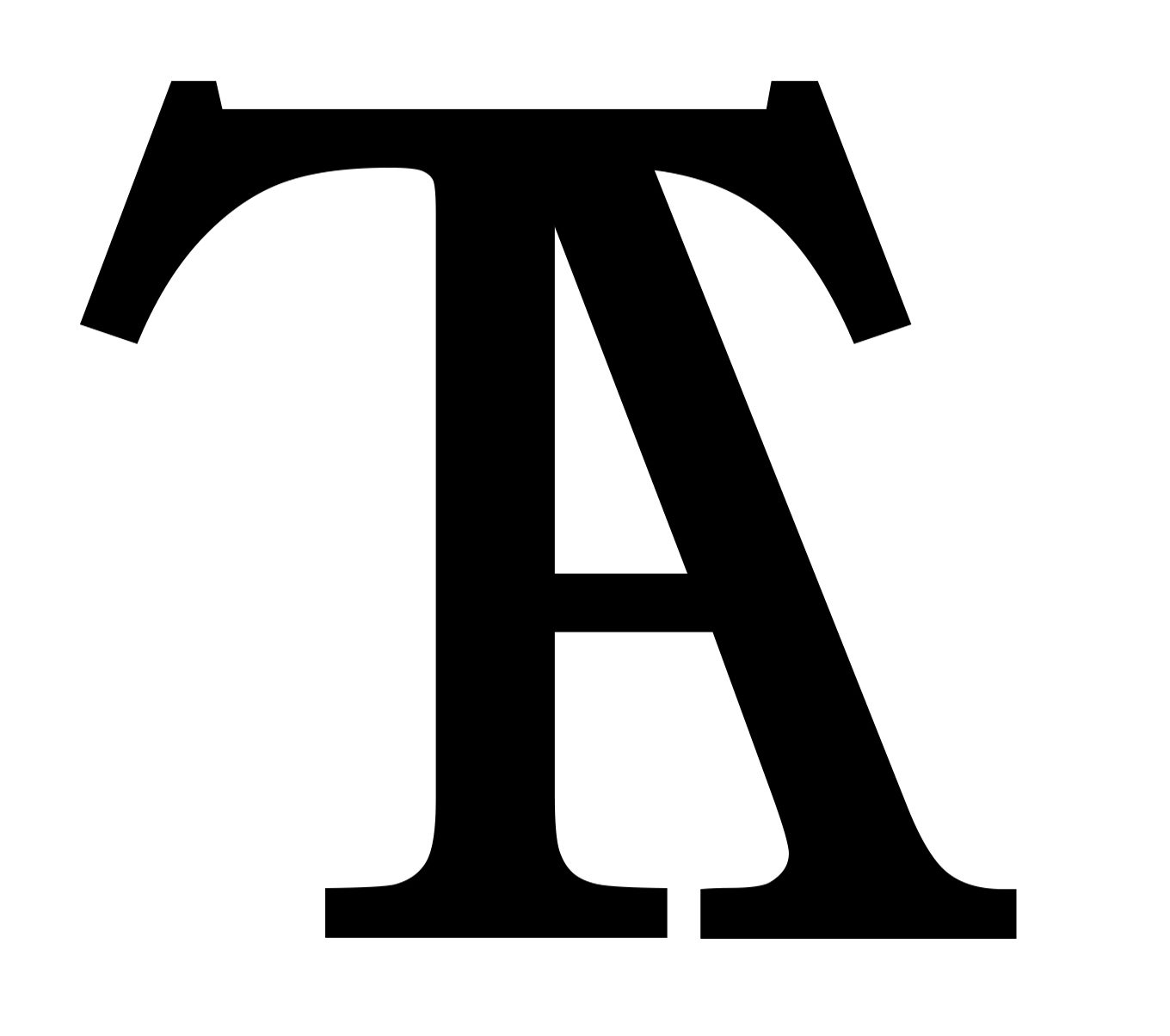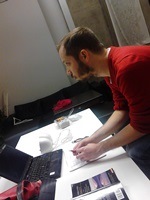There are so many good theatre plays out there that it is hard to keep up with reading/watching. Hearing from others about the plays they read or saw is a good way to select plays that are potentially interesting. That is why some Thespians Anonymous‘ members organises play readings. Some plays are read just for fun, while some are serious candidate for upcoming productions.
Nevertheless, organising a play reading can be complicated. One needs a venue (we have a clubroom, checked!), and one need scripts (oh…). Providing scripts for every participant is the most difficult part, as one is not supposed to scan entire books and on cannot asks everyone to buy a copy of the play (in certain cases, it might be even difficult or impossible to find copies).
But wait… there is a lot of free plays on the Internet! And I am not talking about illegal files from some dark corner of the network; I am talking about plays that are in the public domain. (Some authors also voluntarily put their copyrighted work on the Internet, but that is not the topic of this blog post.) Not only Shakespeare is out of copyright. A lot of other authors such as Oscar Wilde, George Berhard Shaw, Eugene O’Neill, Henrik Ibsen, and many more can be nowadays (re-)discovered without bad conscience. This also apply to playwrights outside the English-language part of the world.
Check for instance the Project Gutenberg (gutenberg.org). Even if their “Plays” bookshelf (http://www.gutenberg.org/
Soon one is overwhlemed by the amount of plays available and does not really know which play to select for a play reading and one does not have time to read all of them before choosing. I personnally use wikipedia (wikipedia.org) to read about playwrights careers and most famous plays. Some articles are very detailed and might be full of spoilers, revealing important parts of the plot. Nevertheless, most articles also provide context regarding the time period during which the play has been written and how the critics reacted at that time. This is also something that is worth to share during a play reading.
As I did not grow up in an English-language country, I am as familiar with English literature as people who went to school there or studied English literature later. I have probably read less from authors that are considered classics and because I am surely not the only one in this case, I decided to start a series of monthly play readings of all this available material.
It will start with the play named Geneva from George Bernard Shaw on 1 December at 18.15 in our clubroom (Leppäsuonkatu 11, doorbell Ulrika, then downstairs). The play is available here: http://www.gutenberg.net.au/
Join and do not hesitate to suggest plays that are out of copyright and that you think could interest everyone! You can also join the Facebook event to stay updated (https://www.facebook.com/
Arnaud Praplan is chair of Thespians Anonymous since February 2015 and directed our last production, Don Juan on Trial by Eric-Emmanuel Schmitt in April 2015.
Thespians Anonymous is an active, non-profit amateur drama group that aims to promote English language, culture and drama work in Finland. For more information about who we are and what we are doing visit Thespians Anonymous’ webpage or follow us on our Facebook page.

